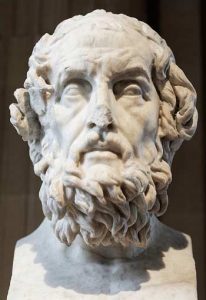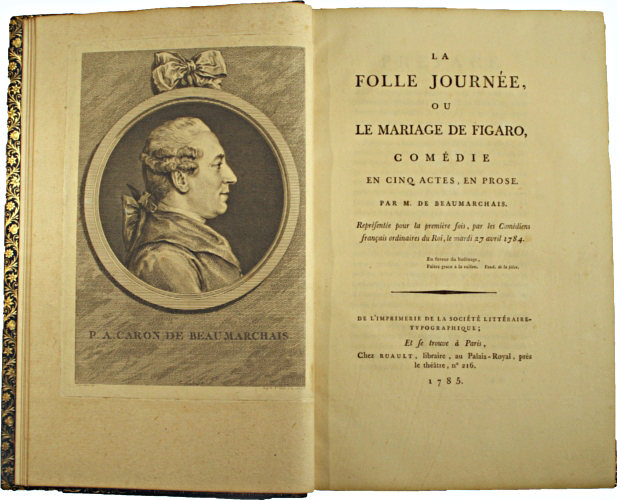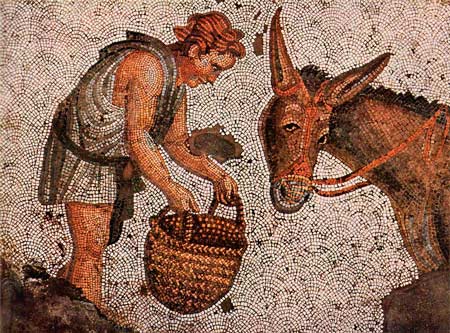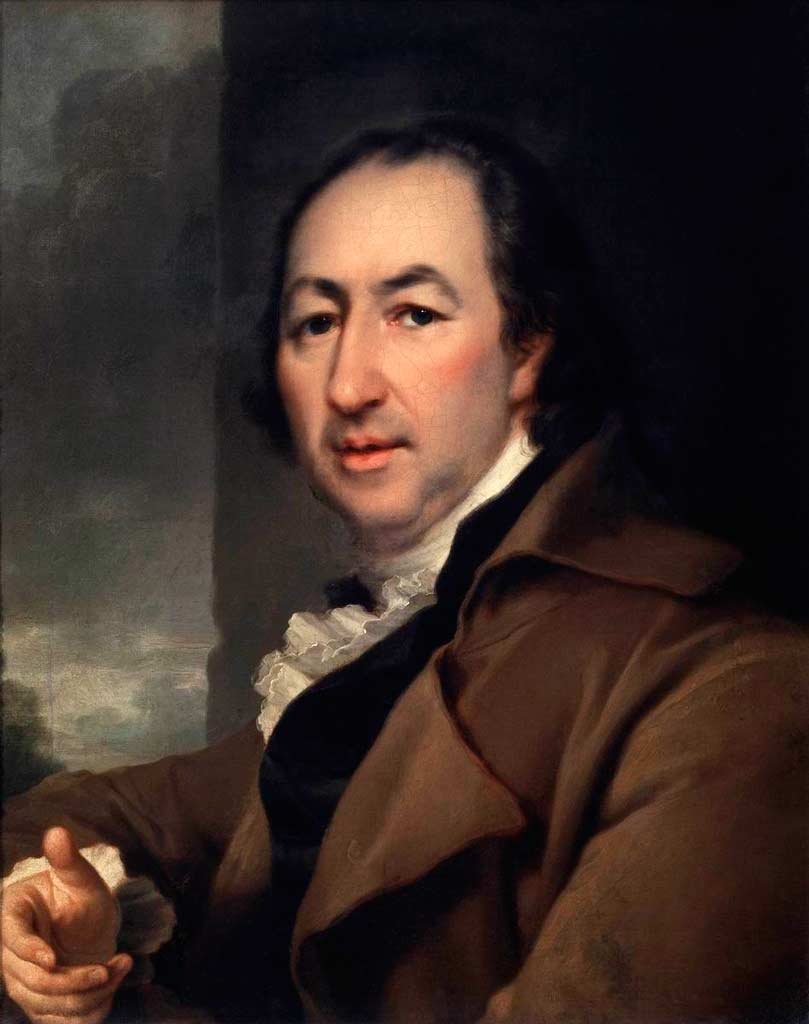included in the so-called
Homeric epic
 Epic means nothing more than a word about exploits (in Greek “epic” – “word”), songs that were performed by wandering singers. To the accompaniment of the lyre, they were sung or aed – the songwriter, or the rhapsodist – the performer and collector of heroic tales.
Epic means nothing more than a word about exploits (in Greek “epic” – “word”), songs that were performed by wandering singers. To the accompaniment of the lyre, they were sung or aed – the songwriter, or the rhapsodist – the performer and collector of heroic tales.
Tradition considers the creator of the ancient Greek epic of Homer, a blind stray aed, a beggar singer. Already in ancient Greece, his name was surrounded by legends. Many later considered this name to be a household name. “Homer” in one of the Greek dialects means “blind.” Many scientists, not understanding how one person could create verbally and keep in memory thousands of poems of the Iliad and Odyssey, questioned the existence of Homer himself (see Homer’s question). Continue reading



